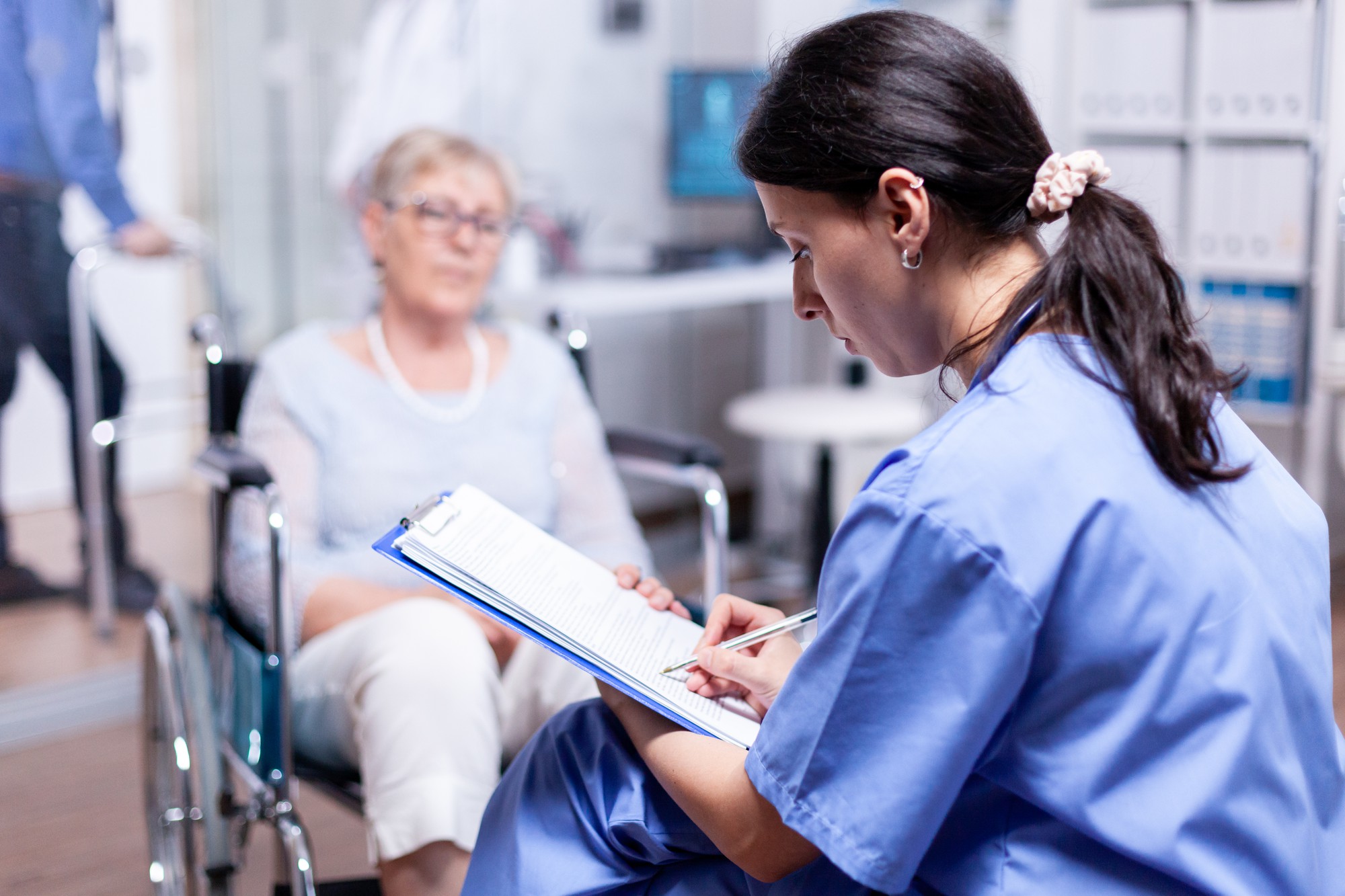Colon Cancer Screening in Utah
What is a screening for colon cancer?
Colon cancer, ranked as the third most commonly diagnosed form of cancer, is largely preventable. The large intestine, comprising the colon and rectum, functions by absorbing water and nutrients from digested foods while storing waste until its expulsion.
A colon cancer screening involves examining the inner lining of the colon and rectum for polyps and malignant growths, typically before any symptoms of the disease manifest. Polyps are benign growths that can potentially turn cancerous over time. Early detection and removal of these polyps and any cancerous tumors are crucial in preventing severe health issues and fatalities related to colon cancer.
At Utah Gastroenterology, board-certified gastroenterologists recommend and conduct colon cancer screenings, advocating for initiation at age 45. To schedule a screening, please reach out to a location in Utah near you.

What are the benefits of colon cancer screenings?
Routine screenings for colon and rectal cancer are vital for maintaining both overall and gastrointestinal health. Although various strategies exist, colonoscopy remains the singular preventive method for colorectal cancer. The advantages of undergoing colorectal cancer screenings include:
- A potentially life-saving procedure
- Early detection of colon or rectal cancer
- Identification and removal of polyps in the colon and rectum
- Possible prevention of colon cancer development
- Detection of other gastrointestinal conditions, such as inflammatory bowel disease
Colon cancer often progresses without noticeable signs or symptoms. Regular screenings allow your doctor to detect any potential issues or conditions at their earliest stages.
What are the available colon cancer screening options?
Consulting with a gastrointestinal (GI) specialist is essential to determine the appropriate timing and type of screening tests for colon cancer. The following methods are commonly utilized:
- Flexible sigmoidoscopy: This procedure uses a sigmoidoscope to inspect the rectum and lower part of the colon. This device, about the thickness of a finger and equipped with a camera, is inserted through the rectum, allowing for visualization on a monitor. It can remove small polyps and take biopsies, but a complete evaluation of the entire colon requires a colonoscopy. Though generally safe, risks include minor chances of bowel perforation, bleeding, and infection.
- Colonoscopy: Similar to a sigmoidoscope but longer, a colonoscope examines the entire colon. Inserted through the rectum, it enables the doctor to view the entire colon on a monitor and use special tools to remove polyps and take biopsies. Sedation is necessary, and there are minimal risks of complications such as bowel tears, bleeding, or infections. It is important to recognize that this is the sole method for comprehensive colorectal prevention.
- Virtual colonoscopy: This screening involves a CT scan that produces cross-sectional images of the colon while the patient lies on a scanner table. It’s a noninvasive approach that doesn’t require sedation. Should abnormalities be detected, a traditional colonoscopy is then necessary to remove any polyps or tumors.
- Double-contrast barium enema: During this test, a tube is inserted into the rectum to introduce barium sulfate and air into the colon, coating the lining to highlight details. X-ray images are then taken to detect any abnormalities. Like with other tests, findings of concern typically lead to a follow-up colonoscopy.
- Fecal tests: These tests are conducted using a stool sample and are completely safe. They include:
- Fecal occult blood tests use a chemical reaction to detect hidden blood in the stool.
- Fecal immunochemical tests identify blood through a specific reaction targeting a blood protein, revealing hidden blood.
- Stool DNA tests search for abnormal DNA from cancerous or precancerous growths shed into the stool.
If these tests indicate potential issues, a colonoscopy may be required to confirm and address the findings.
Who might be at risk for colorectal cancer?
Certain individuals face a higher risk of developing colon cancer, including:
- Adults over the age of 45
- Individuals with inherited familial adenomatous polyposis, a genetic condition characterized by the growth of numerous polyps in the colon and rectum
- Those who have previously been diagnosed with colon cancer
- Women who have had breast, ovarian, or uterine cancer
- People with a family history of colon cancer, particularly if parents, siblings, or children have been diagnosed
- Individuals with inflammatory bowel diseases, such as ulcerative colitis or Crohn’s disease
- Those leading a sedentary lifestyle, practicing poor dietary habits, or who smoke
Colon Cancer Screening FAQs
Why is having colon cancer screenings important?
Colon cancer commonly develops from irregular growths in the large intestine (colon) or rectum, known as polyps. With a colonoscopy exam, these precancerous growths can be excised to help lower the risk of and potentially prevent colorectal cancer from occurring. Having regular colorectal cancer screenings can also allow physicians to detect cancer that has already developed. If colon cancer is identified early, it can be easier to treat.
When should I start having colon cancer screenings?
Individuals who have an average risk for developing this disease should start having routine screenings for colorectal cancer at age 45. People with a greater risk might require screenings before this age. Your gastroenterologist can help you determine exactly when you should start having colon cancer exams.
How often should I have a colon cancer screening?
The frequency with which patients should have colorectal cancer screenings may vary according to the type of test being conducted. Typically, those who are age 45 and over should undergo a colonoscopy every decade when they are at average risk of developing colon cancer and have colonoscopy results that are normal. Those who have a significantly high risk should undergo colonoscopy screenings at least once every five years. For details on how often you should arrange for screening exams for colorectal cancer, please consult your gastrointestinal physician.
How should I prep for my colon cancer screening?
The best method of prepping for a colon cancer screening will vary according to the form of screening you will receive. When undergoing a colonoscopy, detailed preparatory instructions will be provided by your GI team prior to your scheduled procedure so you can clean out your bowel. Your GI specialist may also give you certain instructions to follow for several days leading up to your screening. It is imperative to abide by your gastroenterologist’s directions to help make sure they can observe any areas of concern when performing your colorectal cancer screening.
